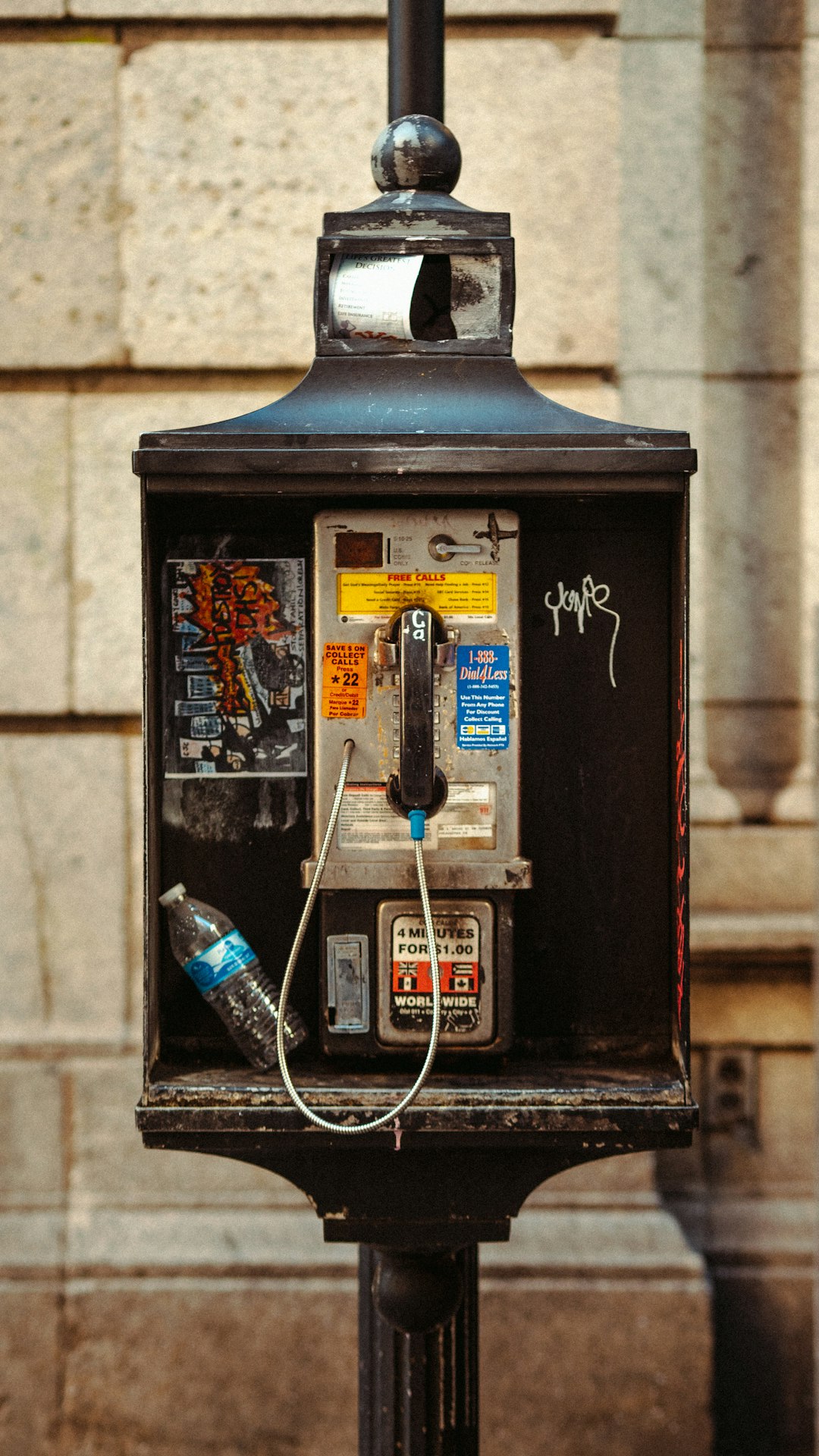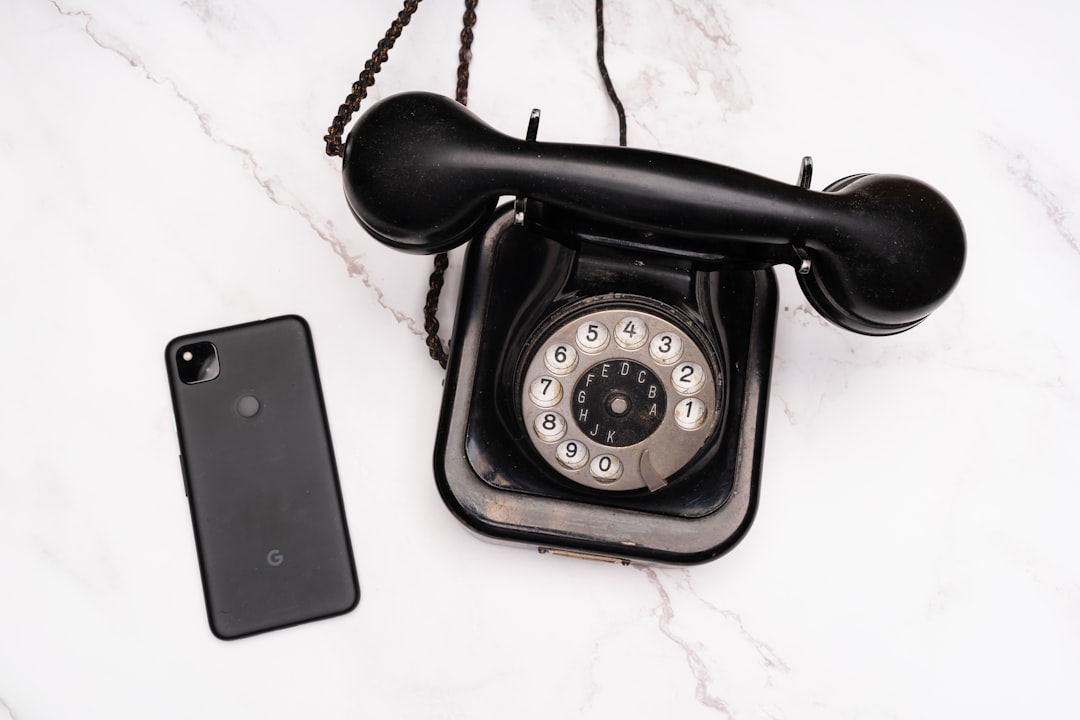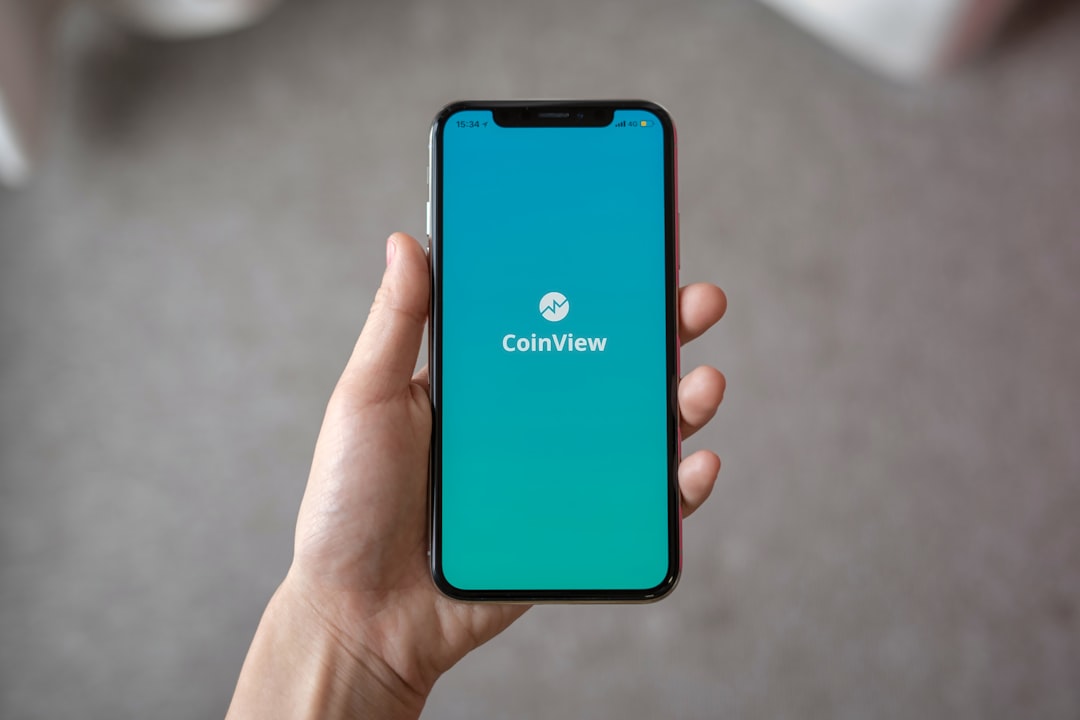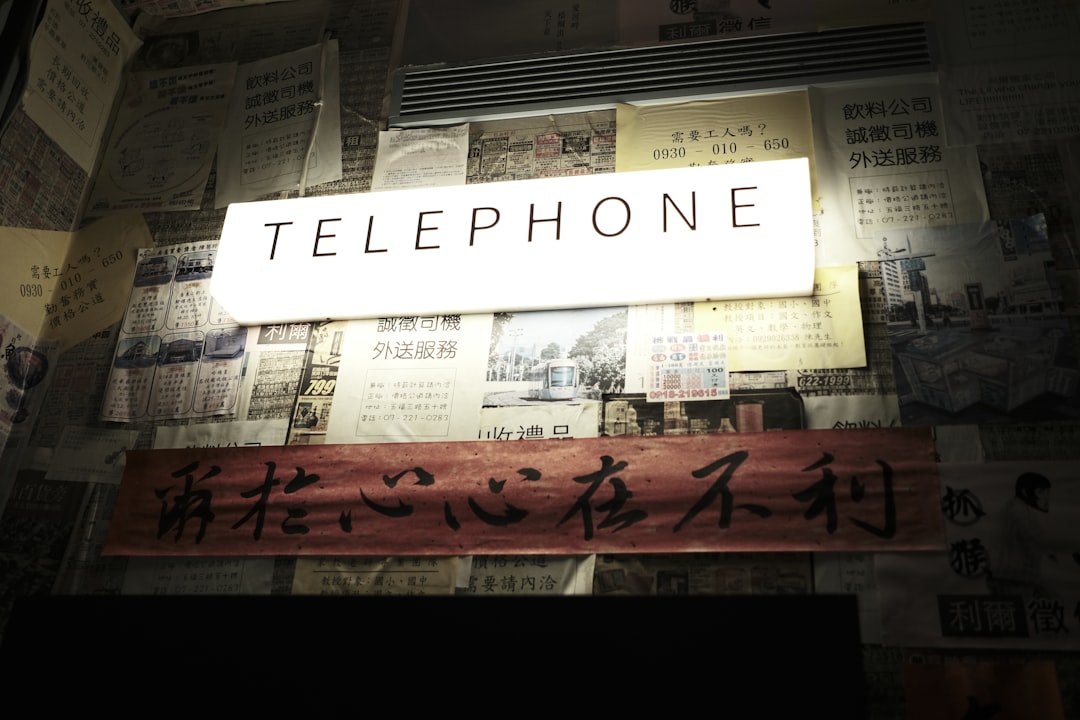Robocalls have become a significant problem in Philadelphia, disrupting daily life and wasting time. Despite local robocall laws restricting automated calls without consent, unwanted calls persist. To combat this, residents use advanced blocking apps leveraging machine learning and caller ID to identify and block robocalls, ensuring compliance with regulations. Additionally, practicing caution with personal information, updating device settings, and staying informed about robocall scams enhance phone security in Philadelphia.
In the age of relentless digital connectivity, Philadelphia residents face a growing menace: robocalls. These automated calls, often illegal and intrusive, have a significant impact on the city’s phone users. Understanding the legal framework surrounding robocall laws in Philadelphia is crucial for combating this issue. This article explores top robocall blocking apps, provides security tips, and delves into how Philly navigates this modern-day enigma, empowering residents to reclaim their communication channels.
Understanding Robocalls and Their Impact in Philadelphia

Robocalls have become a ubiquitous and often frustrating aspect of modern life in Philadelphia, as they are across the nation. These automated phone calls, driven by advanced technology, can deliver marketing messages, political campaign updates, or even scam attempts. The impact of robocalls in Philadelphia is significant, leading to consumer frustration, wasted time, and potential financial harm. According to the Robocall Laws in Philadelphia, businesses are prohibited from making unsolicited automated phone calls for promotional purposes without prior consent from the recipient. Despite these regulations, the volume of unwanted robocalls continues to rise, prompting residents to seek robust solutions for blocking these intrusions.
In a city as vibrant and bustling as Philadelphia, where folks rely heavily on their phones for communication and information, effective robocall blocking becomes not just a preference but a necessity. The constant barrage of automated calls can disrupt daily life, making it important for both individuals and businesses to understand their rights and take proactive measures against these nuisance calls. With the right app, Philadelphia residents can reclaim control over their phone lines and enjoy a quieter, more peaceful communication experience.
The Legal Framework: Philadelphia's Approach to Robocall Regulation

In Philadelphia, like many other cities across the nation, the fight against robocalls has been taken up by both regulatory bodies and individual consumers. The legal framework governing robocall regulations in Philadelphia is a blend of federal and state laws aimed at protecting residents from unwanted telemarketing calls. At the federal level, the Telephone Consumer Protection Act (TCPA) restricts automated phone calls to cellular phones without prior consent. This legislation has been instrumental in empowering consumers to take action against persistent robocalls.
The Pennsylvania General Assembly has also enacted its own set of rules, reinforcing the state’s commitment to curbing excessive robocalling activities. These laws not only give residents more control over their phone lines but also impose strict penalties on violators. As Philadelphia continues to navigate this ever-evolving landscape, it remains dedicated to ensuring that its citizens can enjoy a quieter, less intrusive communication environment by leveraging these robust legal measures.
Top Robocall Blocking Apps: A Comprehensive Analysis

In the age of robocalls, where automated voice messages inundate our phones daily, finding an effective solution to block these unwanted intrusions has become a priority for many Philadelphia residents. Luckily, several apps have emerged as powerful allies in the battle against robocalls, offering advanced technologies to identify and block these nuisance calls. Among them, a few stand out due to their robust features and high success rates in filtering out fraudulent or unsolicited messages, aligning perfectly with Philadelphia’s strict robocall laws.
A comprehensive analysis of top-rated blocking apps reveals innovative strategies such as machine learning algorithms that adapt to new call patterns, extensive databases of known scammer numbers, and advanced caller ID systems. These apps not only block calls but also provide insights into the types of robocalls received, allowing users to stay informed about emerging scams targeting Philadelphia residents. By leveraging cutting-edge technology, these applications offer a comprehensive defense against robocall harassment, ensuring that residents can enjoy more peace and quiet in compliance with local regulations.
Enhancing Phone Security: Tips for Residents of Philadelphia

With the rise of robocalls in Philadelphia, enhancing phone security has become a top priority for residents. The city’s strict robocall laws are designed to protect citizens from unwanted and often fraudulent calls, but individual users can also take steps to bolster their defenses. One effective measure is installing a reliable robocall blocking app, which utilizes machine learning algorithms to identify and block malicious calls in real-time. These apps have become a game-changer in the battle against robocalls.
Additionally, Philadelphia residents can safeguard their phone security by being cautious with personal information. Avoiding sharing sensitive data over the phone unless absolutely necessary is crucial. Regularly updating call blocking and caller ID settings on your device can also help filter out suspicious calls. Staying informed about emerging robocall scams and techniques used by scammers will empower you to make smarter decisions when answering or interacting with unknown numbers.






